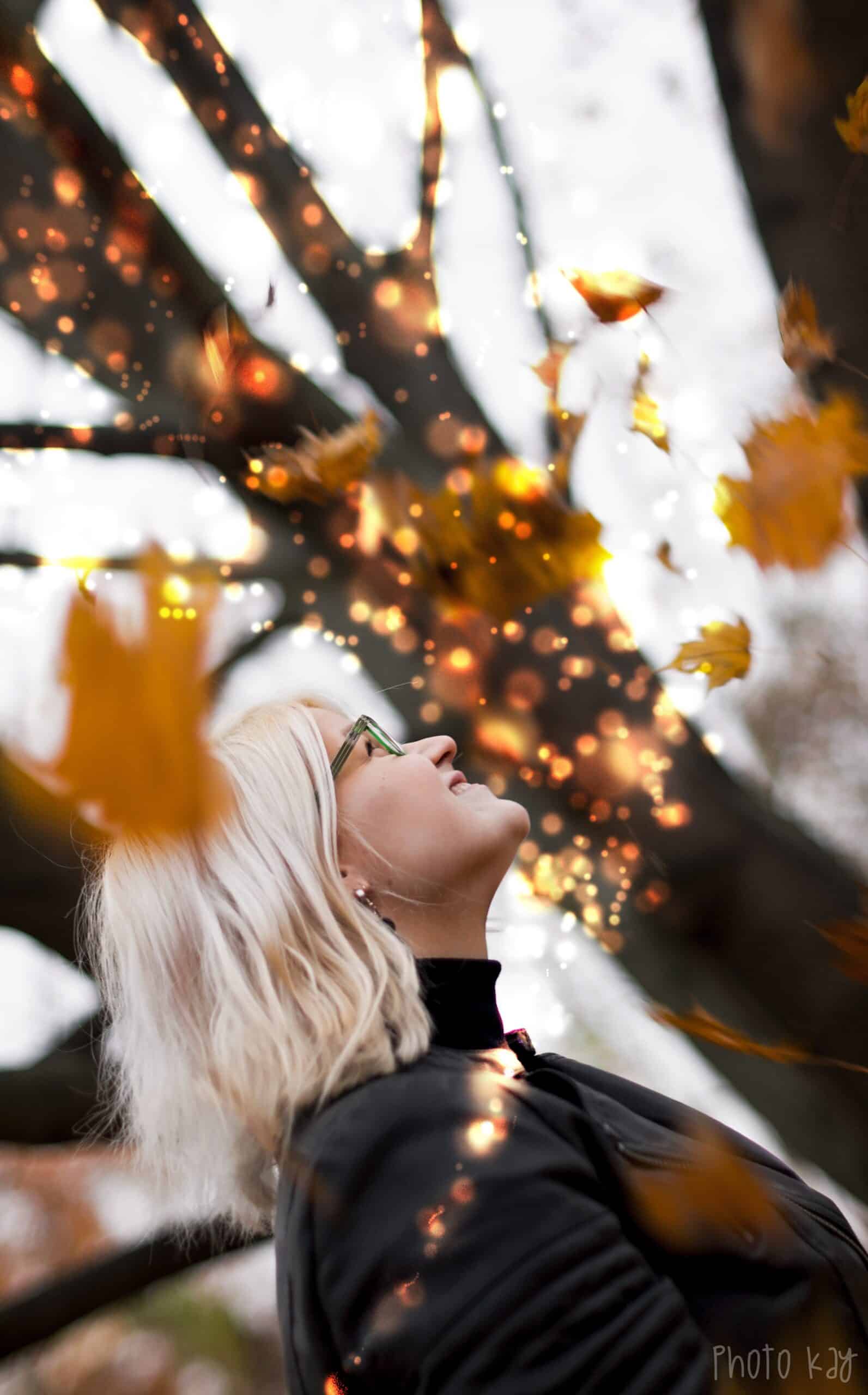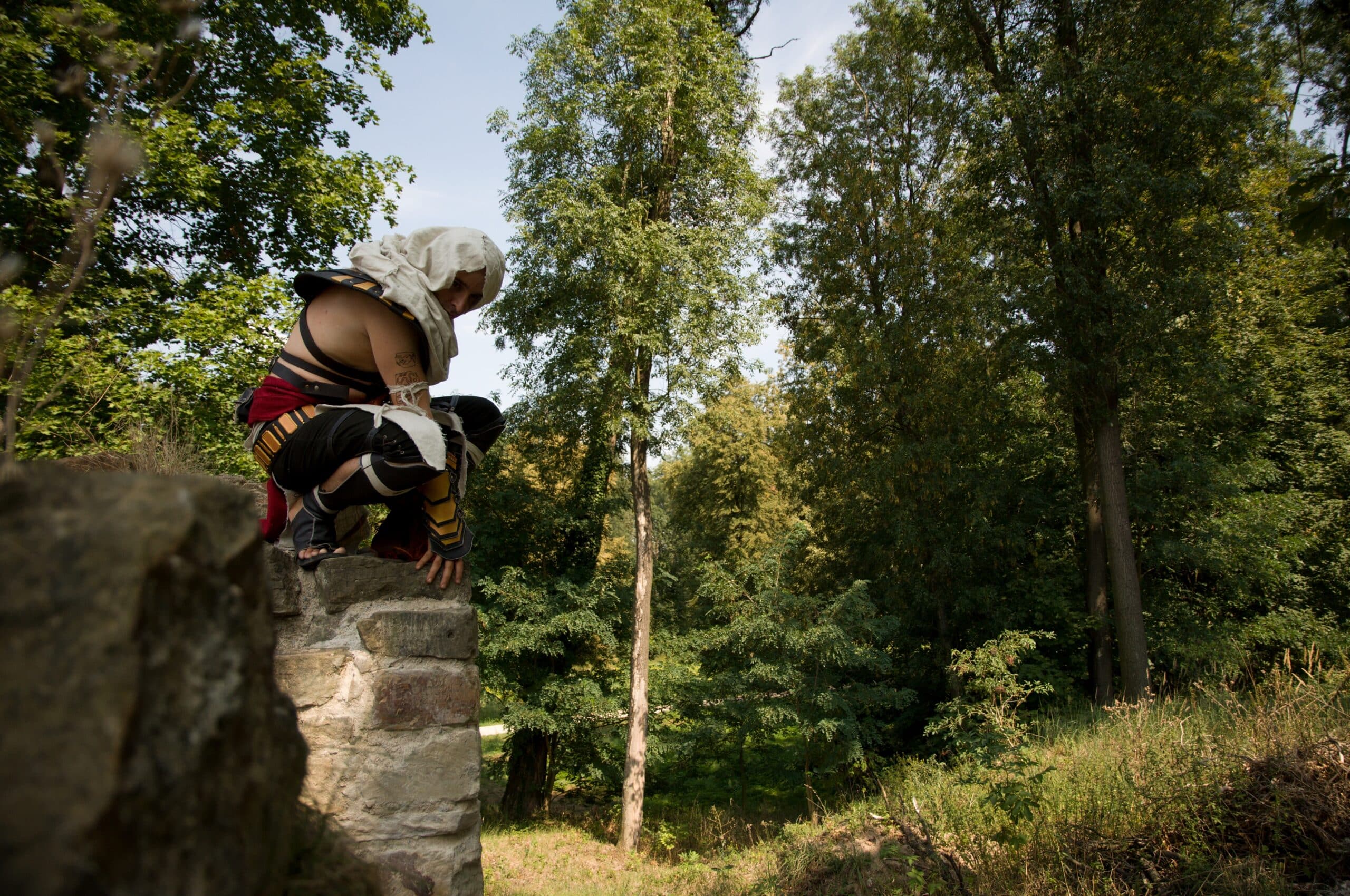How to Give Constructive Criticism

Constructive criticism is a tool that can foster emerging talent or, it can completely discourage budding photographers. Very few people realize the power we wield when we can write a comment on practically anyone’s social media page. Let’s take a look at when constructive criticism is appropriate and when it’s best to keep your comments to yourself.
To lighten the mood, throughout the article I’ve included photos from my beginnings as a photographer. If faced with a younger version of myself, I would probably tell her to get rid of her camera and go and do something else completely. But if five years ago, someone had said this to me and I listened, I never would have gotten to where I am today. I now know that it was the advice of my greatest supporters that led me to grow and progress in my photography.

Criticizing beginners and why it may be pointless
We’ve all been there. We started taking pictures, shared some of our photos on Facebook, Instagram, or other platforms, and in came a wave of opinions, advice, and critiques. While many of them may contain good advice, they should never sound like this: Do it differently. This can be taken to mean that what the photographer is doing is wrong, which can be demotivating or even turn that person away from photography completely.
Many people don’t even get into photography because the “experts” on the internet labeled them as incompetent when they were just starting. But, why is there a need to criticize beginners when we all know a beginner can’t get everything right on the first try?
Criticism of beginner photographers is often pointless. Generally speaking, a person with little experience with a camera usually doesn’t know how to use it, or only understands photography on a theoretical basis. Everything is new to them and they are still in the process of figuring out several photography techniques. If all we do is criticize their photos, we will probably discourage them from any further experimenting.
If someone asks for advice (because there is a big difference between solicited and unsolicited advice), we should combine our critique with something positive. When commenting on someone’s photography, praise tends to be few and far between.
For instance, you can say: “I really like this. This works, but maybe it would look better like this?”

Let’s praise photographers more.
We may have the feeling that we’re helping someone out when we share our opinions. But that’s not necessarily true. That person probably asked for constructive criticism and advice from someone they trust and admire. And all of a sudden, some random person is criticizing them publicly. This can be highly demotivating, make the person feel bad, and doesn’t get them anywhere.

Why criticism can be damaging
Yes, there are food, art, and movie critics, so why is criticism such a problem? By definition, a critic is someone who offers analysis, interpretation, and observation. It’s not someone who points out only the bad things. Nowadays, the term “critic” has taken on a negative connotation because, in 90% of the cases, it’s someone who is merely pointing out the mistakes. However, a true critic knows how to praise too.
By definition, there is a difference between a professional critic, who we consider an expert, and an amateur critic who is known as a “backseat driver.” Being a critic is a profession. And just like other professions out there, chef, chemist, or lawyer, the profession must be practiced only by those educated in the field. Otherwise, it can result in great harm.
Solicited and unsolicited criticism
The difference between solicited and unsolicited criticism is critical. If someone writes: “What do you think I should improve?” Then, go ahead and write any opinions that come to mind. After all, that’s what the photographer asked for.
However, if someone shares a photo with a caption along the lines of “I just took this and I kind of like it,” there’s probably no need to react with comments about how the horizon, colors, lighting, etc. are wrong. In this case, the individual clearly stated that they’re happy with the photo and feel good about it.

Less is sometimes more.
Time and practice will usually show someone’s potential and if the criticism is appropriately directed at the photographer only, it motivates them to continue taking more and more pictures. They will inevitably improve in their photography process. A negative comment only serves to stunt the photographer’s development and usually leads nowhere.

From the perspective of a beginner and a professional
When I started taking pictures, I felt very insecure. I didn’t know what I was doing and if I was even doing it right. But I loved photography. And a few casual comments nearly took this enthusiasm away from me. I look back today and find it amusing. But even some of my early photography is amusing. I used a 20mm lens to shoot portraits and thought that an f-number of 1.4 was the best choice for just about anything. And when I wanted advice or an opinion, I wrote to friends and people I trusted. Over time, they taught me and explained everything to me. The people that wrote public comments taught me nothing. I now see their comments as flawed.
After years of being a photographer, I now take critical comments very lightly, as long as these comments don’t come from the top of the Czech photography scene. I would be very grateful for their comments. I would also like to tell all aspiring photographers to not take the so-called “experts“ seriously and not let their comments get to you. Only listen to those you trust and can learn from.

In closing
I don’t want to claim that all criticism is bad and that positive reinforcement is the only path. That’s not true. But it’s very important to know how to handle criticism. It’s important to consider if we have the right to share our opinion and if our critique won’t result in more harm than good. One person may say: I don’t care if someone critiques me. But what about those that don’t see it this way? You may encounter sensitive individuals who may be hurt by your comments, and stop their desire and enthusiasm for photography. Keep that in mind.
How do we give constructive criticism? Only upon request and, unless you agree otherwise, in private. Take experience into account too. The fact that you’ve been a photographer longer doesn’t make you more experienced behind the camera. Be constructive, sensitive to the person’s feelings, and most of all, supportive of your fellow photographers.

Ralph Gilder
Really enjoy these advisers still learning at 82 yrs young my cameras as old as me lol 400d. Cannon. I left it a bit late to get to grips with editing but enjoy it anyway thanks team at zoner.